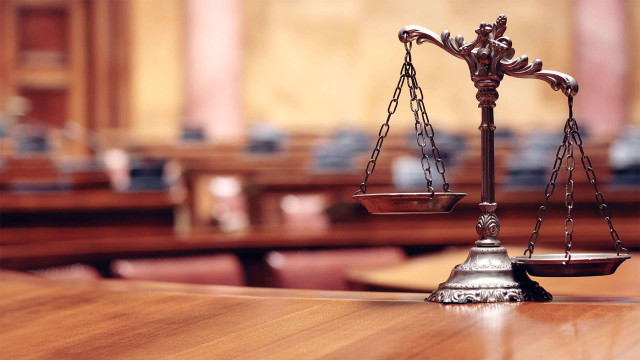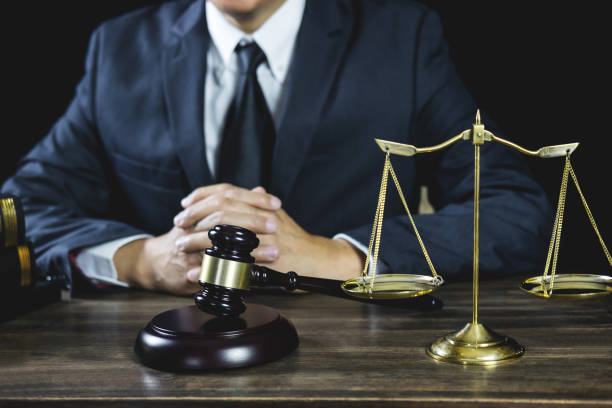Introduction to the Onus of Proof
In The Onus of Proof of lawful debates, the term onus of verification much of the time arises as a vital idea. Understanding this term is fundamental for anybody engaged with lawful cycles, whether as an expert or a layman. Generally, the onus of evidence figures out who bears the obligation of demonstrating current realities of a case. This article digs into the different features of the onus of evidence, clarifying its importance, applications, and suggestions in legal actions.
Characterizing the Onus of Confirmation

The onus of confirmation alludes to the commitment put upon a party in a legitimate question to demonstrate their declarations or cases as per the general inclination of the court. This idea is a foundation of legitimate hypothesis and work on, supporting the ill-disposed framework that describes numerous legal frameworks all over the planet. The party bearing this weight should give adequate The Onus of Proof to lay out their cases or guards, subsequently impacting the result of the case.
Types of Onus of Proof
1. Lawful Obligation to prove any claims
The legitimate obligation to prove any claims is the overall obligation that a party should meet to lay out their case. This weight stays consistent all through the preliminary and doesn’t move starting with one party then onto the next. In criminal cases, for example, the arraignment should demonstrate the litigant’s responsibility for certain. In common cases, the offended party should demonstrate their case on the equilibrium of probabilities.
2. Evidential Obligation to prove anything
The evidential obligation to prove anything, then again, is the commitment to deliver sufficient The Onus of Proof to make an issue deserving of thought by the court. This weight can move between parties as the case advances. For instance, when an offended party has introduced adequate proof to help their case, the weight might move to the litigant to create proof to invalidate it.
Applications in Criminal Law
Assumption of Honesty
A major guideline in criminal regulation is the assumption of blamelessness, which commands that the charged is viewed as free and clear as a matter of course. This standard puts the onus of verification solidly on the indictment, who should exhibit the litigant’s culpability for certain. This exclusive requirement is intended to shield people from illegitimate convictions and maintain the honesty of the legal framework.
Rebuttable Assumptions
In specific circumstances, the law presents rebuttable assumptions that briefly shift the onus of verification. For instance, in cases including legal offenses, certain components might be assumed once the indictment has laid out a fundamental case. The litigant then bears the evidential weight to disprove these assumptions with opposite The Onus of Proof.
Applications in Civil Law
Equilibrium of Probabilities
In common cases, the onus of confirmation is regularly on the offended party, who should demonstrate their case on the equilibrium of probabilities. This standard is lower than the criminal norm of without question. Basically, the offended party should show that their form of occasions is probably to be valid. In the event that the offended party meets this weight, they are qualified for a judgment in support of themselves.
Shifting Burdens
Common regulation additionally perceives situations where the onus of confirmation might move between parties. For example, in instances of carelessness, when the offended party has laid out an at first sight case, the weight might move to the respondent to exhibit that they practiced sensible consideration.
Key Contemplations in Gathering the Onus of Confirmation
Assembling and The Onus of Proof
Effectively meeting the onus of confirmation requires fastidious arrangement and show The Onus of Proof. Parties should assemble pertinent archives, witness articulations, and master declaration to prove their cases. The quality and believability of this proof assume a significant part in convincing the court.
Lawful Procedures
Legitimate professionals utilize different techniques to deal with the onus of confirmation. These incorporate testing the suitability of contradicting The Onus of Proof, interviewing observers to subvert their believability, and introducing a reasonable story that lines up with the proof.
The Job of Lawful Points of reference
Legal points of reference frequently impact how courts decipher and apply the onus of evidence. Attorneys should be knowledgeable in pertinent case regulation to successfully contend their situation and expect likely counterarguments.
Ramifications of Neglecting to Meet the Onus of Verification
Adverse Judgments
Inability to meet the onus of confirmation can bring about unfriendly decisions. In criminal cases, this implies absolution of the charged. In common cases, it brings about the excusal of the offended party’s case or a judgment for the respondent.
Reputational and Financial Consequences
Past the prompt legitimate results, neglecting to meet the onus of confirmation can have critical reputational and monetary outcomes. Gatherings might cause significant legitimate expenses, and their validity and standing might endure.
Conclusion

The Onus of Proof of verification is a basic part of judicial procedures, forming the elements of preliminaries and the methodologies of legitimate professionals. Whether in criminal or common cases, understanding and really dealing with this weight is fundamental for accomplishing positive results. By completely planning and introducing proof, and skillfully exploring lawful intricacies, gatherings can meet their obligation to prove anything and prevail in their legitimate undertakings.
FAQs About the Onus of Proof
1. What is The Onus of Proof of confirmation? The onus of verification alludes to the obligation of a party in a lawful question to demonstrate their cases or protections as per the general inclination of the court.
2. How does The Onus of Proof of confirmation vary in criminal and common cases? In criminal cases, the indictment should demonstrate the respondent’s culpability for certain. In common cases, the offended party should demonstrate their case on the equilibrium of probabilities.
3. What is the lawful obligation to prove any claims? The lawful obligation to prove any claims is the consistent obligation a party should meet to lay out their case all through the preliminary. It doesn’t move between parties.
4. Will The Onus of Proof of evidence shift between parties during a preliminary? Indeed, the evidential obligation to prove anything can move between parties as the case advances, requiring each side to create adequate The Onus of Proof to help their cases or guards.
5. What occurs on the off chance that a party neglects to meet The Onus of Proof of confirmation? On the off chance that a party neglects to meet the onus of evidence, they risk an unfavorable judgment. In criminal cases, this outcomes in exoneration, while in common cases, it prompts the excusal of the case or a judgment for the contradicting party..


